Power Pages: Web API and Integrations
How to extend Power Pages portals with the Portals Web API, Dataverse, and external services for advanced enterprise solutions.
Introduction to Power Pages Integrations
Power Pages represents the evolution of Power Apps Portals, offering the ability to create public or private websites connected to Microsoft Dataverse. The strength of this technology lies in its ability to integrate portals with other Microsoft solutions and external systems, providing a consistent front‑end experience for both internal and external users.
Power Pages integrations are built on two fundamental pillars: the Portals Web API and the Dataverse Web API. These interfaces enable secure data exchange between the portal and Microsoft Dataverse, offering extensibility to build interactive and integrated web applications.
Through the Portals Web API, you can perform CRUD (Create, Read, Update, Delete) operations on Dataverse data directly from the portal, in a controlled and secure manner. This approach allows you to create interactive user experiences without requiring direct access to Dataverse or Azure.
Architecture and Components of the Portals Web API
The Portals Web API is an integrated component of Power Pages that exposes REST endpoints to interact with Dataverse. The architecture is based on Microsoft Azure, but users do not need a dedicated Azure subscription: the infrastructure is managed by Microsoft, while configuration is entirely defined within the Power Platform environment.
Each Power Pages portal consists of:
- Microsoft Azure as a secure and scalable runtime environment.
- Dataverse configuration and metadata where definitions of pages, templates, and portal components reside.
- Power Pages Studio for graphical design and site management.
Portal content and logic are defined in dedicated Dataverse tables for Power Pages, enabling centralized control and easy deployment across environments.
Extensibility with Liquid and JavaScript
One of the strengths of Power Pages is the ability to extend the user experience with Liquid, an open‑source templating language that allows you to integrate dynamic logic within web pages. Liquid can be used to customize content, implement conditional logic, and display data from Dataverse.
In addition, developers can leverage JavaScript to interact with the Portals Web API or external services, creating automations and custom interfaces. This approach enables advanced portals capable of integrating with systems such as ERP, CRM, or payment platforms.
External Integrations and Security
Power Pages supports integration with external systems via secure API calls and OAuth 2.0‑based authentication. You can connect to Microsoft services such as Azure Functions, Service Bus, or API Management to implement advanced backend logic and hybrid integrations.
As described in enterprise architecture models, integration between Power Pages and other services can be explicit or implicit. In the first case, the company manages its own Azure tenant with dedicated components; in the second, Microsoft provides a fully managed shared infrastructure.
To ensure transaction security, requests to the Portals Web API are authenticated via Dataverse access rules such as Web Roles and Table Permissions.
Integration with Power Virtual Agents and Dataverse
A particularly common use case is integrating a Power Virtual Agents chatbot within a Power Pages portal. This integration can be achieved using a no‑code component in Power Pages Studio, allowing portal users to interact directly with the bot without leaving the site.
The chatbot, powered by Dataverse, can access the same entities and logic as the portal, providing a personalized and consistent experience. This is an example of how Power Pages can serve as a hub for integrating intelligent and interactive services from the Power Platform.
Frequently Asked Questions about Power Pages and Web API
What is the Portals Web API?
It is a REST interface built into Power Pages portals that allows performing CRUD operations on Dataverse data in a secure and controlled way, without directly exposing the public Dataverse API.
Can I integrate Power Pages with external services?
Yes. You can use JavaScript, Liquid, and the Portals Web API to communicate with external APIs or adopt Azure services such as Functions and Service Bus to orchestrate complex processes.
Do I need an Azure subscription to use Power Pages?
No, the infrastructure is managed by Microsoft on Azure. The user only configures the portal and Dataverse data without managing cloud resources directly.
Want to learn more about Power Pages and its integrations?
Discover our courses and step‑by‑step guides to learn how to design portals integrated with Dataverse and Azure services.

